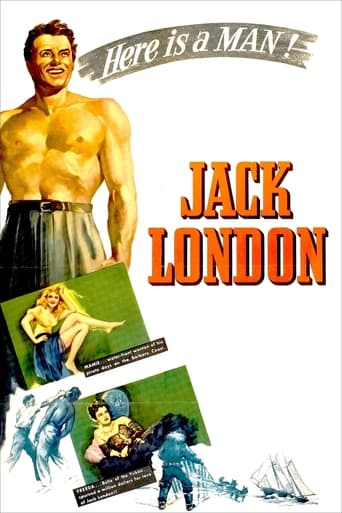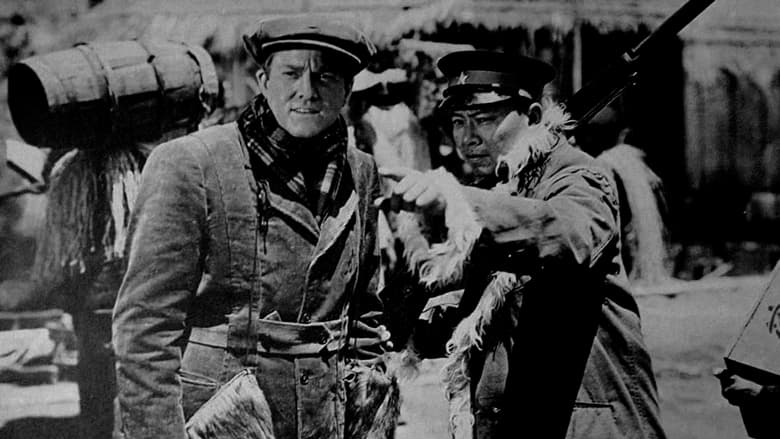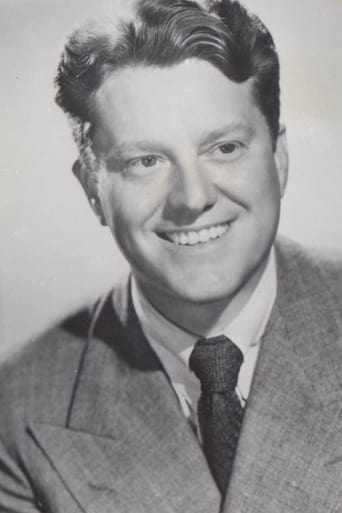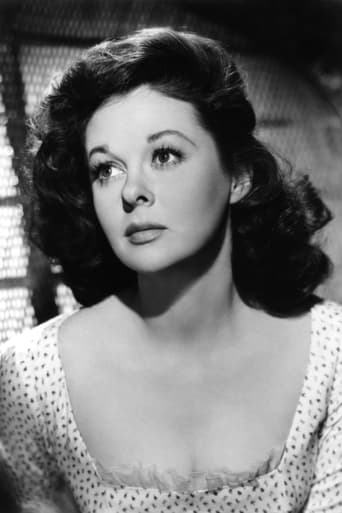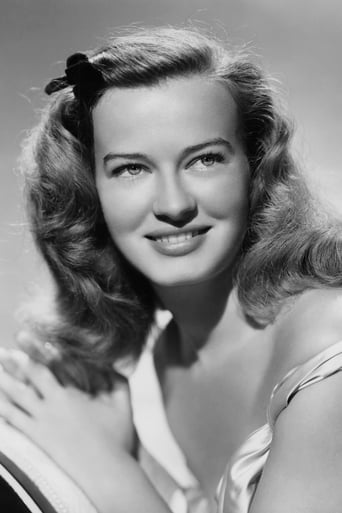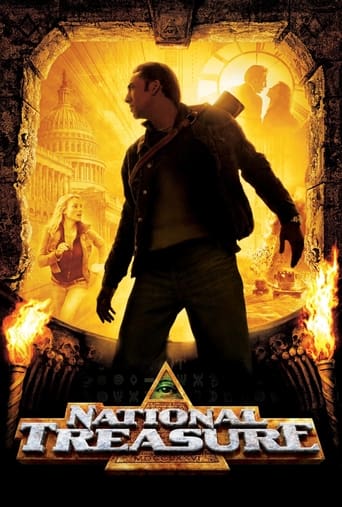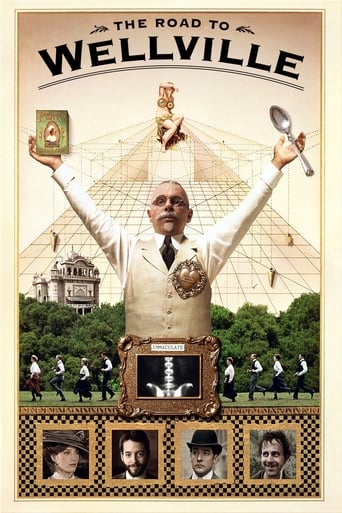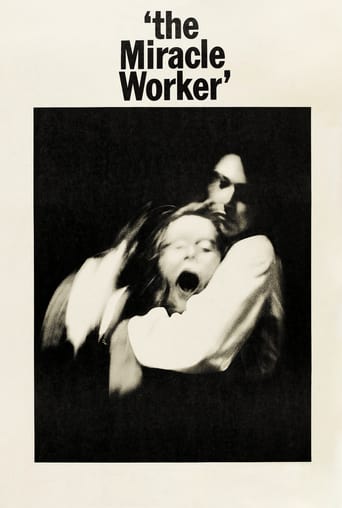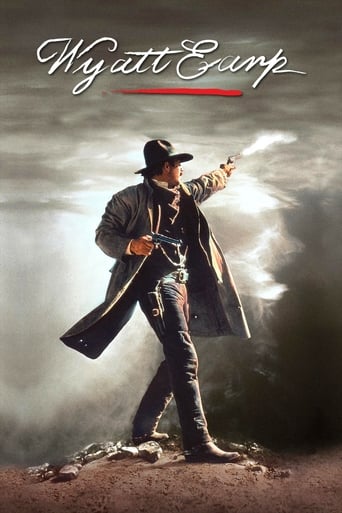Jack London (1943)
The adventurous and remarkable life of the US writer Jack London (1876-1916).
Watch Trailer
Cast
Similar titles

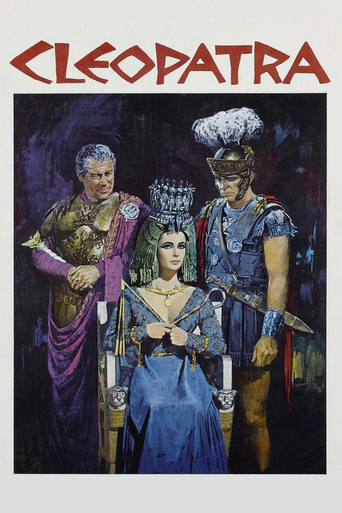

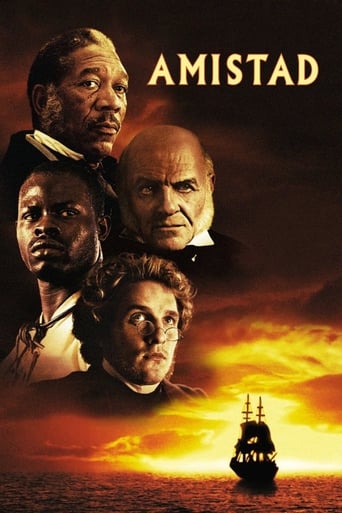
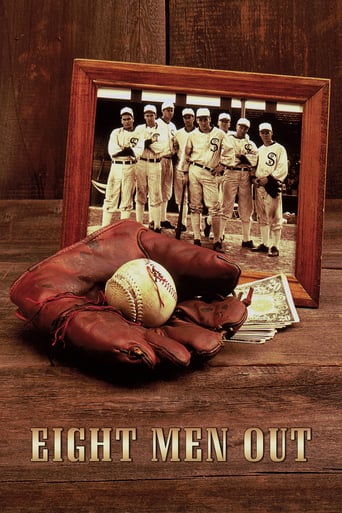
Reviews
I like the storyline of this show,it attract me so much
Simply A Masterpiece
When a movie has you begging for it to end not even half way through it's pure crap. We've all seen this movie and this characters millions of times, nothing new in it. Don't waste your time.
Through painfully honest and emotional moments, the movie becomes irresistibly relatable
This fanciful biography bears only a family resemblance to Jack London's life. (Maybe it should have been called "Jack Liverpool".) The writer and director have taken a remarkable man whose life went from the pits through triumph to tragedy and turned it into a moral tale that belongs in a comic book of the period.I was a fan of Jack London as a high school kid -- loved his short stories about adventure and adverse circumstances. Later I was able to view his work from a more mature and generous perspective. He wasn't a great writer but he put out some gripping stuff based on his own experiences. "The Sea Wolf," which is barely alluded to in the movie, is a fine work, at least until we get into that plummy romance. Anyone familiar with the San Francisco Bay area should read the opening, in which "Hump" takes a ferry from the city to Sausalito and is rammed in the fog by another ship. It's flawless description. The circumstances are so aptly rendered that it could happen the same way tomorrow.Okay. So here's Jack London up in the Yukon during the gold rush. That's the source of stories like "The Call of the Wild" and "To Build a Fire." And what do we get? Five minutes of Michael O'Shea in a small log cabin, alone except for a dog, looking out the window at the snow and having a conversation about his work with the dog, Buck, who gives a fine performance, by the way.The editing is terrible. It's not a flaw or a virtue that brings attention to itself very often. But I couldn't tell whether O'Shea was married to Susan Hayward, just visiting, or shacking up with her. London becomes an "oyster pirate." What is an oyster pirate? Another episode begins with talk of war breaking out and London receives an offer to go to Japan as a correspondent. WHAT war? Who is going to war with whom? Is it World War I? If so, why is London going to Tokyo? The words "Russo-Japanese War" (1905) are never mentioned.That war itself takes up about the last third of the movie and it's curiously rendered. The movie was released in 1943. The Japanese are all smiles, bows, torture, and treachery. They open the conflict by attacking the Russians at Port Arthur without warning "to get, how do you say in your country, the first punch?" London replies: "You mean a sucker punch." (Kids, that's a reference to the Japanese attack on the US bases at Pearl Harbor in 1941, that led to World War II. PS: We won.) The Japanese massacre pitiful Russian prisoners who are dying of thirst, and they explain to London exactly how they plan to go about conquering the world, including the US and Britain, when the time comes.In 1963, a big-budget movie called "55 Days at Peking" was released. It was about the Boxer Rebellion in China, which took place 5 years before the Russo-Japanese War. In "55 Days at Peking", the Japanese are our allies, the Russians are shifty, and the Chinese are enemies. Politics makes strange bedfellows.As London, Michael O'Shea is likable without being a particularly impressive actor. He has a fresh, open face that looks like the map of Ireland. His family were all Irish cops in Hartford. Virginia Mayo is his first girl friend. He goes through one or two more, just in case the audience has any doubt about his gender orientation, until he meets Charmiane, the love of his life, upon whose book this movie is based.I don't think I'll go on. In life, Jack London did begin his go-to-hell life as an oyster pirate -- robbing the bivalves at night from oyster beds belonging to someone else. He was a union man and socialist, an imprisoned vagrant, a sailor. He did go to the Yukon and did become a famous writer. He was one of the first to establish an artist's colony in Carmel, California, on Monterey Bay. Then he got into heroin and booze and retreated to a ranch in what is now wine country, where he died in 1916.
Freddy Rich's score is a lush, exciting, melodic treat for Jack London. Freddy was also known as Buddy Rich, a jazz artist. Here, though, he shows his versatility as a symphonic composer, and he was very talented in this realm. Listen to the music when he is working in the Yukon and is alone with his dog in the cabin. Very descriptive of the intense cold and his inspirations. The martial music for the Japanese march is also very impressive. There are other favorite parts for me--like when the police fight it out with the smugglers on the Oakland waterfront. This is a great score; it was nominated for an Academy Award. I think you might enjoy concentrating on the score the next time you view the film.
Hollywood's attempt to turn Jack London's life into a "Jack London" adventure film isn't a bad idea; certainly, he led an interesting, and sometimes adventurous, life. This film, however, winds up flat and unsatisfying. Most importantly, it lacks integrity. Michael O'Shea (as London) has some Londonesque speeches; and, it's nice to see his bearded Jack receive "The Call of the Wild" after spending some quality time alone, in the snowy mountains, with his dog, "Buck". Virginia Mayo and Susan Hayward are both very pretty. The film draws unfortunate "Yellow Peril" parallels between London's life and World War II, which are both strained and insulting. ** Jack London (11/24/43) Alfred Santell ~ Michael O'Shea, Susan Hayward, Virginia Mayo
For the first hour or so, this fictionalized biography of "Jack London" is not bad. Michael O'Shea brings some energy to the role, and in general it conveys some of the basic characteristics of its subject's life reasonably well. The last part of it was heavily tailored to the time in which it was filmed, and unfortunately it is now only of interest as an example of how badly a movie can become dated when it tries to do that.Most of the movie is a collection of distinct experiences in London's life, tied loosely together. It works all right, and it effectively conveys the irregular nature of his lifestyle, with some courageous acts being mixed in with his involvement in disreputable and even illegal activities. The low budget nature of the production occasionally keeps some of these sequences from being more effective, but it's not bad, though it would have benefited from giving Susan Hayward and some of the other supporting cast members a little more to do.In the last half hour or so, the story shifts its focus to a lengthy sequence that has London in Japan, reporting on the war between Japan and Russia in the early 20th century. The overt and sometimes forced condemnations of Japan make the sequence now look labored and a bit frantic, though in its time the message may have seemed to be appropriate.There was surely a middle ground that would have allowed for brief wartime message to be inserted without getting things completely off-track. Many movies of the first half of the 1940s, in fact, do just that, and are able to hold up perfectly well today even when there are a handful of scenes or quotes that were clearly intended to have wartime significance. Jack London was a fine writer and an interesting person, but this movie ends up taking the focus too far away from him and from his life.
